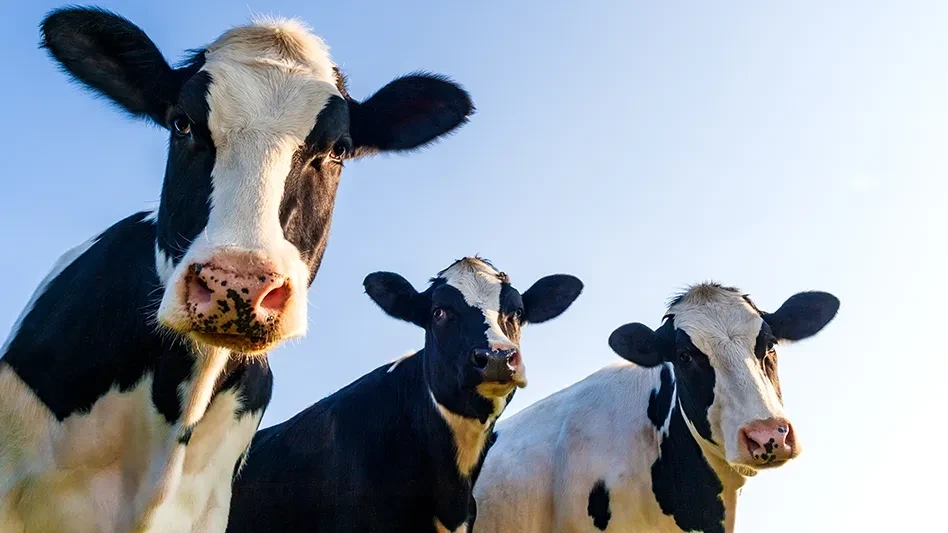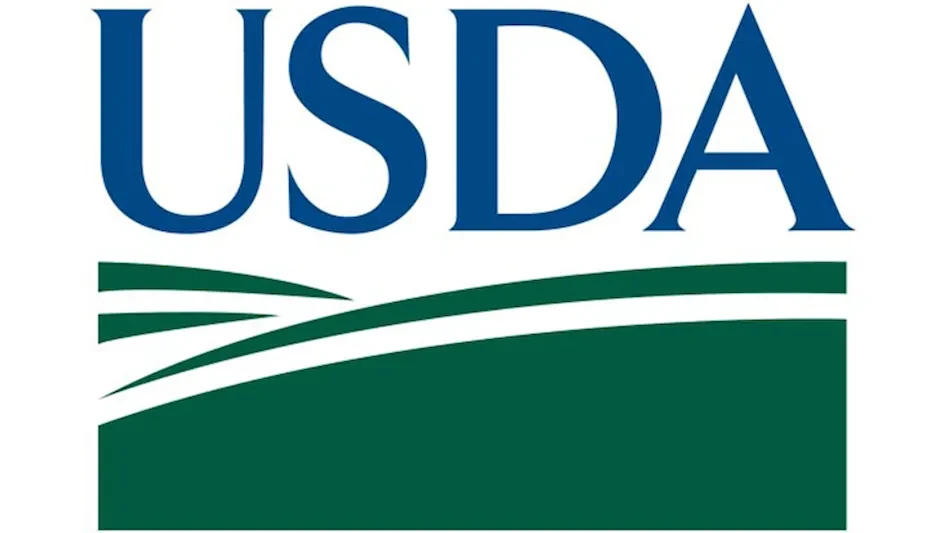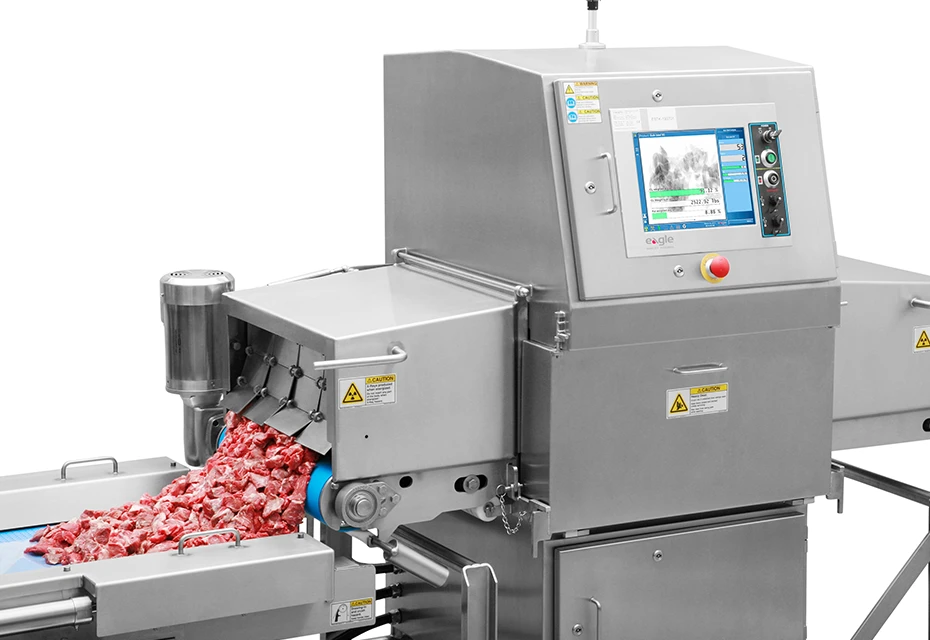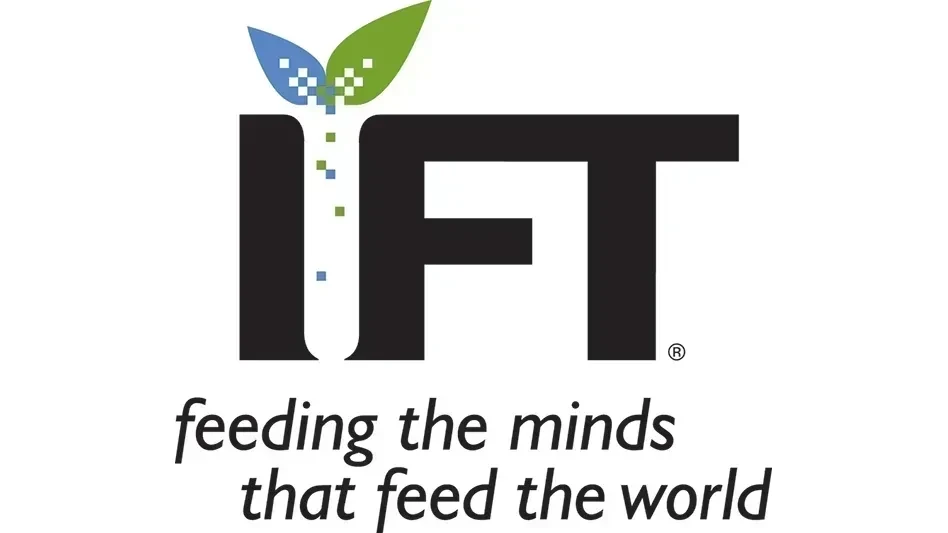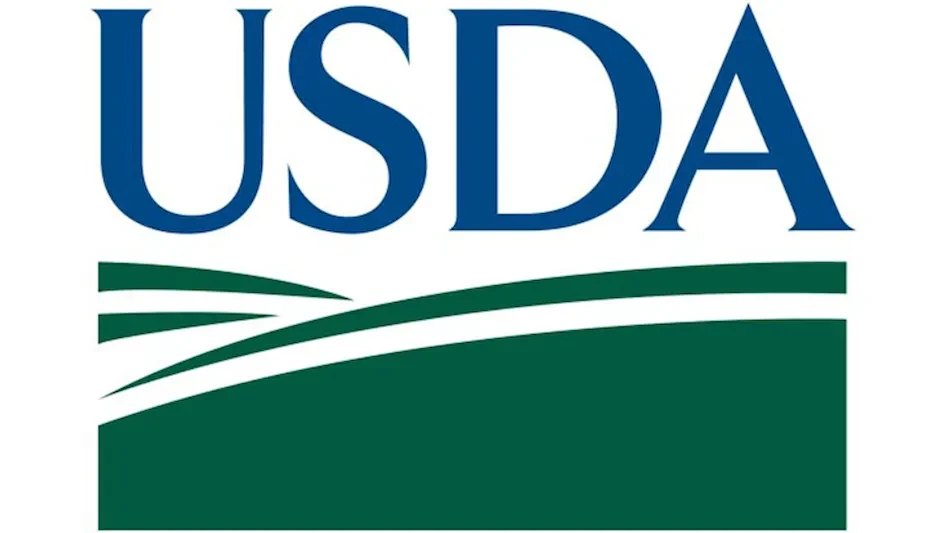
Credit: USDA
WASHINGTON, D.C. — The U.S. Department of Agriculture (USDA) announced it is taking several additional actions to ensure the health and viability of the nation’s livestock and poultry. In the two months since the initial detection of H5N1 in dairy cattle, the USDA has worked in concert with its federal and state partners to better understand the virus and to contain the disease. The department said it remains committed to seeking additional ways to collect the data needed to better understand and mitigate the risk created by this outbreak.
The USDA is adding an additional $824 million in emergency funding from the Commodity Credit Corporation (CCC) to bolster these efforts and is launching a new Voluntary H5N1 Dairy Herd Status Pilot Program to give dairy producers more options to monitor the health of their herds and move cows more quickly while providing ongoing testing and expanding the USDA’s understanding of the disease.
EMERGENCY FUNDING TO BUILD ON RESPONSE EFFORTS. To help ensure the Animal and Plant Health Inspection Service (APHIS) can continue to provide critical rapid response activities, Secretary of Agriculture Tom Vilsack approved the transfer of $824 million from the CCC to APHIS to directly support the response efforts. This funding allows APHIS to continue its critical work with state and local partners to quickly identify and address cases of HPAI/H5N1 in poultry and livestock. The funding will support anticipated diagnostics, field response activities, pre-movement testing requirements, other necessary surveillance and control activities, surveillance in wildlife for APHIS, the Agricultural Research Service’s (ARS) work in developing vaccines for HPAI in cattle, turkeys, pigs and goats, and ARS and the Food Safety and Inspection Service’s food safety studies.
The secretary is authorized to transfer funding from available resources, including the CCC, to address emergency outbreaks of animal and plant pests and diseases. USDA previously approved the use of $1.3 billion in emergency funding to address nationwide HPAI detections in wild birds and commercial poultry operations. The department said these additional funds will ensure their continued robust and rapid response to this outbreak.
VOLUNTARY DAIRY HERD STATUS PILOT PROGRAM. Continuing to build on the efforts to contain H5N1, APHIS is launching a Voluntary H5N1 Dairy Herd Status Pilot Program, which provides alternative testing and movement options to the federal order to increase the USDA's monitoring capabilities to mitigate the spread of H5N1. The program aims to create additional testing options for producers with herds that have tested negative for three weeks in a row, further reduce H5N1 virus dissemination, provide further opportunities to test herds that are not known to be affected by H5N1, increase surveillance and expand knowledge of the disease, and support an overall national program to reduce the risk of H5N1 in dairy herds.
The main benefit for farmers who choose to enroll in the Voluntary H5N1 Dairy Herd Status Pilot Program is that once they can demonstrate their herds are free of H5N1 with results from a National Animal Health Laboratory Network (NAHLN) facility, they will then need to conduct weekly tests on bulk milk from that herd to confirm that status, and will be able to ship their cows at the time they prefer and without testing individual animals.
Dairy producers from states enrolled in the first phase of this program who choose to enroll their herds and who test negative for H5N1 for three consecutive weeks using on-farm bulk tank milk samples or similar representative milk samples tested at a NAHLN laboratory will be able to move animals without additional pre-movement testing currently required under the federal order. Producers must also comply with continued regular weekly monitoring and testing of the herd for H5N1.
APHIS is currently working with state animal health officials to identify states to participate in a pilot phase of the program. Producers from states participating in this pilot can start enrolling in the Voluntary H5N1 Dairy Herd Status Pilot Program on the week of June 3 by contacting their APHIS Area Veterinarian in Charge or state veterinarian and signing a Herd Monitoring Plan agreement. The USDA strongly encourages dairy producers to enroll in this new program. Beyond the benefits for their own operations, increased producer participation may help the USDA establish state and/or regional disease-free statuses that could further ease compliance with the current federal order. Those herds not enrolled in the pilot program will continue to follow the interstate testing and movement requirements published in the federal order. More specific guidance on the new program, including how to enroll and how to obtain and maintain a herd status, will be made available on the APHIS website.
As additional testing measures take place, the USDA anticipates that it will see an increase in testing and positive test results, which will add to its knowledge of the disease and how it may spread between herds. At the same time, this pilot program will help to gather additional information on how producers with affected herds can document elimination of the virus on their operations and steps they can take to maintain an H5N1 virus-free herd.
This new investment in risk mitigation augments the previously announced federal order on pre-movement testing of lactating dairy cattle, announced on April 24, as well as the tools to support biosecurity activities, announced on May 10 and the Emergency Assistance for Livestock, Honey Bees and Farm-raised Fish Program funding availability, announced on May 23.
As the USDA continues to take steps to protect the health of livestock, the department continues to work closely with federal partners at the CDC to protect the health of people and the FDA to protect the safety of the food supply. The U.S. government remains committed to addressing this situation with urgency.
To learn more about USDA’s response to H5N1 in dairy cattle, visit www.aphis.usda.gov/livestock-poultry-disease/avian/avian-influenza/hpai-detections/livestock.
Latest from Quality Assurance & Food Safety
- Raw Farm Products Recalled Following Bird Flu Virus Detections
- FDA Issues 2024 Voluntary National Retail Food Regulatory Program Standards
- GSA Launches Assurances Platform, Prism and Webinar Series in Partnership with Wholechain
- Multistate E. coli Outbreak Linked to Iceberg and Romaine Lettuce Blend
- FDA, USDA Seek Information About Food Date Labeling
- William Marler, Food Safety Advocate and Lawyer, Condemns Lack of Safety of U.S. Food Supply
- AFDO Infographics Illustrate State-Level Impact of FDA’s Proposed Budget Cuts
- Multistate Outbreak of Salmonella Typhimurium Linked to Cucumbers
